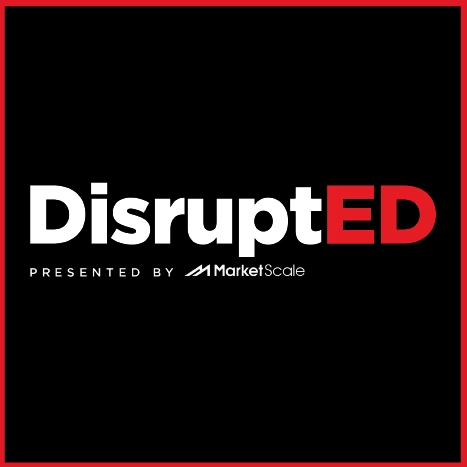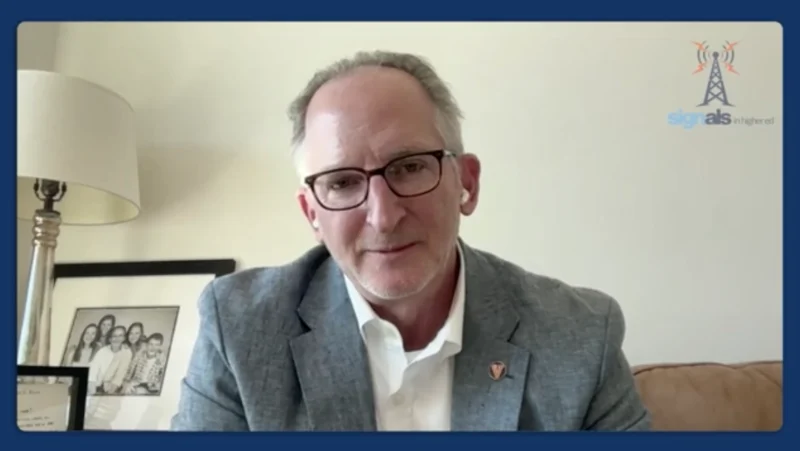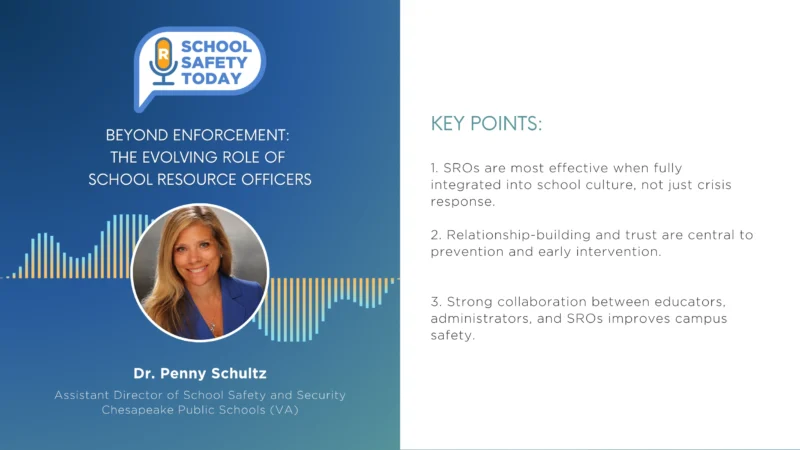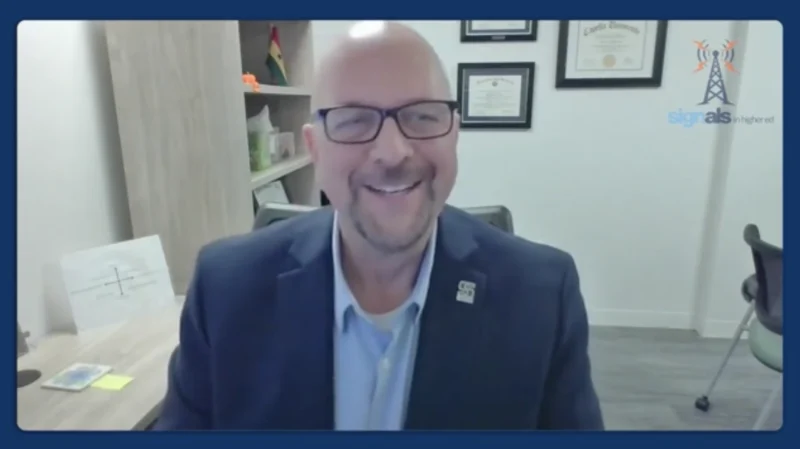Building a Future-Ready Workforce: Disrupting Outdated Education with Employer-Driven, Community-Powered, Practical Skills Training
Workforce training is undergoing a radical transformation as industries face critical talent shortages and rapid technological change. Building a future-ready workforce requires rethinking traditional higher education models. These models emphasize broad academic development over targeted skill-building and struggle to keep pace with employer demands. According to the World Economic Forum’s Future of Jobs Report 2025, roughly 59 out of every 100 workers will require reskilling or upskilling to meet evolving job demands. This shift has pushed innovative training models and community-based approaches to the forefront of workforce development.
What will it take to create a workforce that is agile, future-ready, and aligned with the needs of employers in fast-changing industries? How can new models of education and skills training bridge the growing gap between job seekers and the roles that remain unfilled?
In this episode of DisruptED, host Ron Stefanski speaks with Jason Aubrey, Founder and CEO at Skilltrade, and Michael Horn, a leading voice on disruptive innovation in education. Together, they explore how education and workforce training must evolve, the role of community-based initiatives, and the partnerships required to meet urgent labor demands.
Key Points from the Episode:
-
Outdated Pathways – Traditional higher education pathways are failing to produce job-ready graduates, particularly in healthcare and other high-demand sectors.
-
Community Partnership– Employer-aligned, community-driven training programs are delivering faster and more effective results for both learners and organizations.
-
Innovative Solutions – Apprenticeships, online active learning, and loan repayment partnerships are reshaping workforce pipelines and improving career readiness, creating a sustainable path toward a future-ready workforce.
Jason Aubrey is a workforce development and EdTech leader with extensive experience scaling tech-enabled businesses and driving organizational innovation. As CEO of MedCerts, he led the company to its acquisition by Stride, Inc., expanding its impact in healthcare and IT certification training. He is now the founder and CEO of Skilltrade, building community-driven, employer-aligned training programs to address critical workforce gaps, particularly in healthcare.
Michael Horn is a leading expert on disruptive innovation in education, known for shaping future-focused learning strategies and workforce development. He co-founded the Clayton Christensen Institute, teaches at the Harvard Graduate School of Education, and advises organizations like Guild Education and Minerva University. Horn is also a bestselling author of several influential books, including Job Moves: 9 Steps for Making Progress in Your Career and Disrupting Class: , and is a sought-after speaker and podcast cohost.




